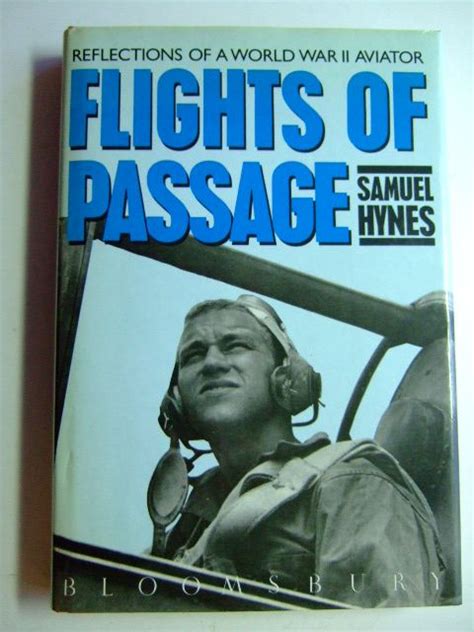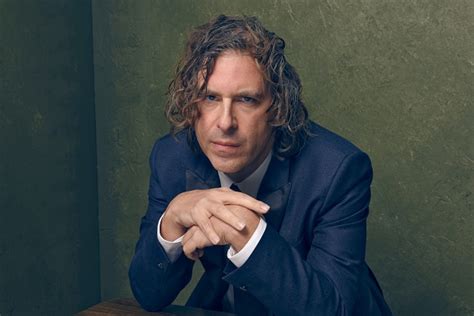A Quote by Anthony Horowitz
My writing has always been what you call 'narrative fiction' in the sense that it's got very strong plots and twists at the end.
Related Quotes
I guess the wildcard here is Terrence Malick. He supervised me while I was writing the script for Beautiful Country, and he is a genius, although not always easy to follow. What I learned from him is that the narrative can be tracked through all kinds of scenes, that the strong narrative thread is not always the one that is most obvious. Creating narrative with Malick was a bit like chasing a butterfly through a jungle. This approach to narrative is fun and complicated, something that makes the process of writing constantly interesting to this writer.
When you're writing a book that is going to be a narrative with characters and events, you're walking very close to fiction, since you're using some of the methods of fiction writing. You're lying, but some of the details may well come from your general recollection rather than from the particular scene. In the end it comes down to the readers. If they believe you, you're OK. A memoirist is really like any other con man; if he's convincing, he's home. If he isn't, it doesn't really matter whether it happened, he hasn't succeeded in making it feel convincing.
My work is very eclectic. I write books that range from writing fiction, writing fable where I am very directly trying to imagine alternate worlds, to writing about [Buckminster] Fuller who was the ultimate world man creating all sorts of alternate worlds and believing that they were imminent to my own work of - for instance, a project that I've been working on for some year and a half, two years now that continues to evolve has been what I call Deep Time Photography.
Burroughs called his greatest novel 'Naked Lunch,' by which he meant it's what you see on the end of a fork. Telling the truth. It's very difficult to do that in fiction because the whole process of writing fiction is a process of sidestepping the truth. I think he got very close to it, in his way, and I hope I've done the same in mine.
Once a poet always a poet, and even though I haven't written poems for a long time, I can nonetheless say that everything I've ever learned about writing lyrical fiction has been informed by three decades of writing in lines and stanzas. For me the real drama of fiction is almost always the drama of the language.
The resulting texts always took a narrative term, enigmatic at first but ultimately explicit and often premonitory. The semantic distribution of these basic elements diverted them from their original meaning, thus revealing their real significance. Henceforth, every form of writing will consist of an operation of decoding, of contamination, and of sense perversion. All this because all language is essentially mystification, and everything is fiction.







































